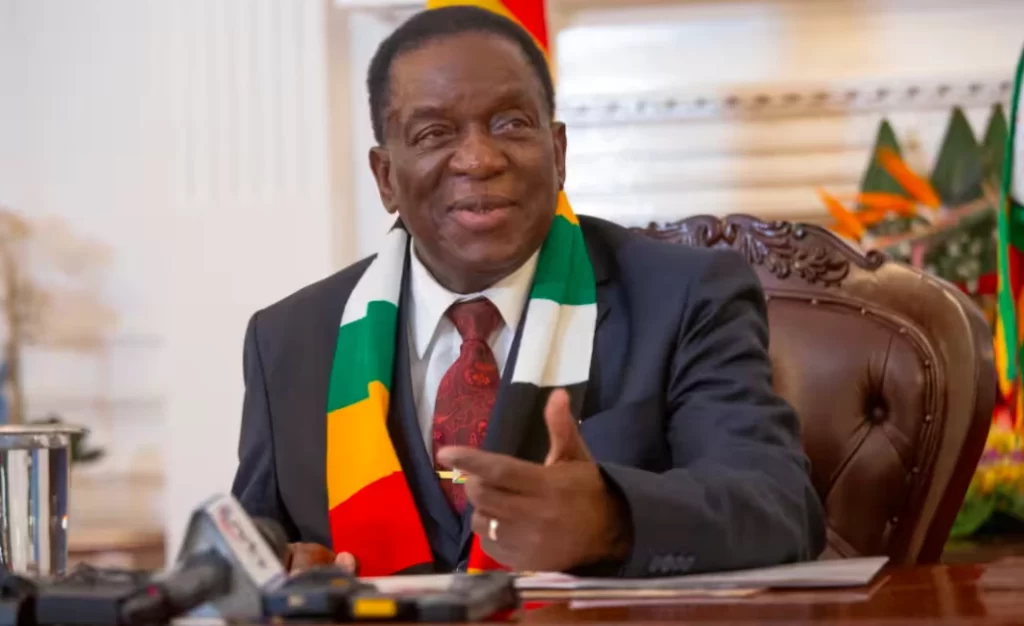Zimbabwe Moves to Extend President Mnangagwa’s Term to 2030 Amid Rising Youth Tension

Zimbabwe’s ruling ZANU-PF party has resolved to extend President Emmerson Mnangagwa’s term in office by two years, allowing him to remain in power until 2030. The decision, made during the party’s annual conference on Saturday, has sparked sharp criticism from opposition leaders who have branded the move unconstitutional and politically motivated.
The proposed constitutional amendment would prolong the 83-year-old leader’s second and final five-year term, which is currently due to end in 2028. The development comes against the backdrop of internal divisions within ZANU-PF, where Mnangagwa’s rival, former army general Constantino Chiwenga, faces allegations of treasonous activity.
ZANU-PF’s Secretary for Legal Affairs and Minister of Justice, Ziyambi Ziyambi, announced the resolution, saying, “The party and government are therefore directed to initiate the requisite legislative amendments to give full effect to this resolution to ensure continuity, stability and the sustained transformation of the nation.”
What Does This Mean for Zimbabwe’s Political Future?
The opposition has strongly rejected the move, calling it an attack on Zimbabwe’s constitutional democracy. Jameson Timba, a senior opposition leader, said, “We are a constitutional democracy and the supremacy of the Constitution must remain non-negotiable.” He urged Parliament to issue a formal clarification and encouraged citizens to uphold “civic vigilance and peaceful defence” of democratic principles.
Mnangagwa, who came to power after the 2017 military coup that ousted longtime ruler Robert Mugabe, had previously stated he had no desire to overstay his mandate. Under the current constitution, he is required to step down in 2028 after serving two terms.
How Are Democratic Forces Responding to ZANU-PF’s Plan?
The move has reignited debate about governance and accountability in Zimbabwe, where ZANU-PF has dominated politics since independence in 1980. Despite holding a strong parliamentary majority, the party faces growing public frustration over economic stagnation, corruption, and rising debt.
Opposition figures warn that extending Mnangagwa’s rule could deepen political polarization and weaken democratic institutions. Job Sikhala, facilitator of the National Democratic Working Group, told Reuters, “It is going to be the biggest challenge to the democratic forces in the nation on how we are going to respond to this huge provocation by a political party whose modus of operation has always been predatory.”
By Yockshard Enyendi










